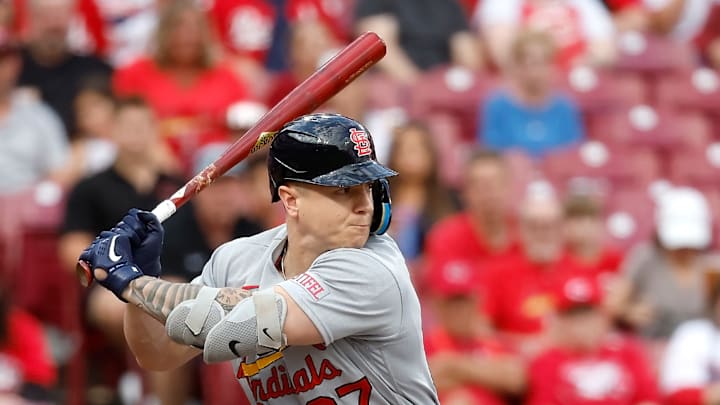Takeaway 3 - The Cardinals didn't "fix" their bullpen.
This is a tough pill to swallow. Basically, the Tyler O'Neill trade can only be thought of as a salary dump. The Cardinals brought in an interesting reliever, but he doesn't fix the problems in this bullpen. He's not going to slot into the back end of this pen, and he's not going to be closing down games any time soon. Thus, they still need to go out and acquire another reliever. They probably still need two arms, even after selecting Ryan Fernandez in the Rule 5 draft. For a more robust discussion of what Ryan Fernandez brings to the table, see this thread on X posted by Aram Leighton.
Ryan Fernandez - RHP - (Cardinals)
— Aram Leighton (@AramLeighton8) December 10, 2023
Slider. He sits 95-97 mph with his fastball, but the shape flirts with the dead zone. It's the 88-90 mph slider that is his key weapon, throwing it as much as his FB.
68% strike rate w/ the pitch. Opponents hit .120 with 28% SwStr%, 42% chase.… pic.twitter.com/Hd6SjFjKRK
The Cardinals have added depth, but that won't be enough. Their bullpen was among the least reliable in all of baseball in 2023. A healthy Helsley and a full season of Romero will fix some of those problems, but they're also missing solid contributors such as Jordan Hicks, Chris Stratton, and Drew VerHagen.
The silver lining here is that the Cardinals have freed up enough money to sign multiple bullpen arms. Guys like John Brebbia and Phil Maton likely won't be too expensive. Two solid arms in this middle tier of the relief market could easily combine for a total AAV of 7MM or less. If the Cardinals go out and make this happen, it'll be easier to deal with the fact that they didn't bring back a reliever with meaningful major-league experience. Even more encouraging is the fact that they could devote more resources to the bullpen. The Cardinals now have the cash available to make a splash and sign a bigger name. Perhaps a reunion with Jordan Hicks is in the cards.
I want to be clear; this isn't Mozeliak's fault. It just goes back to takeaway number two. O'Neill had far less value than we had ever feared. It's likely that no interested market even developed.
